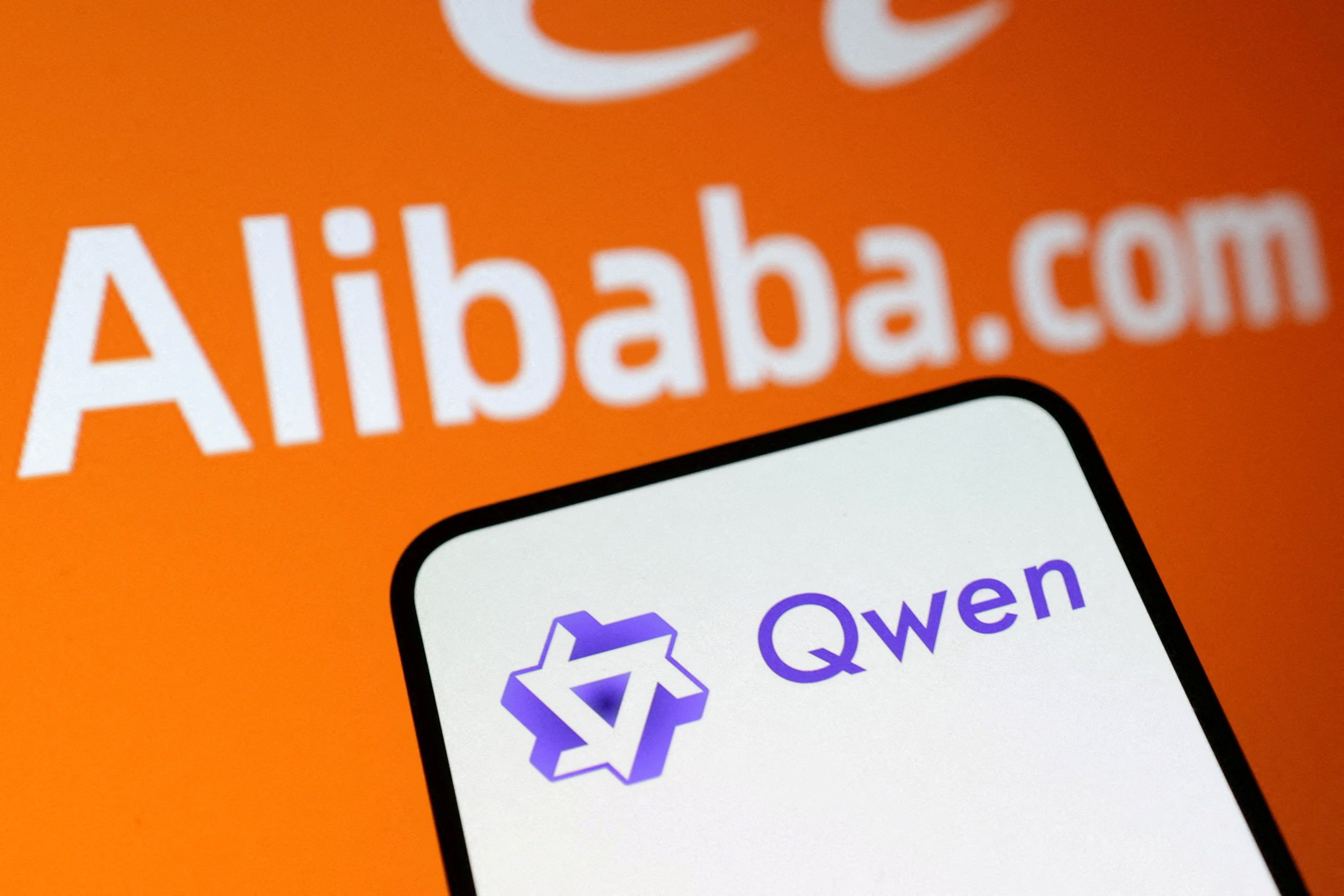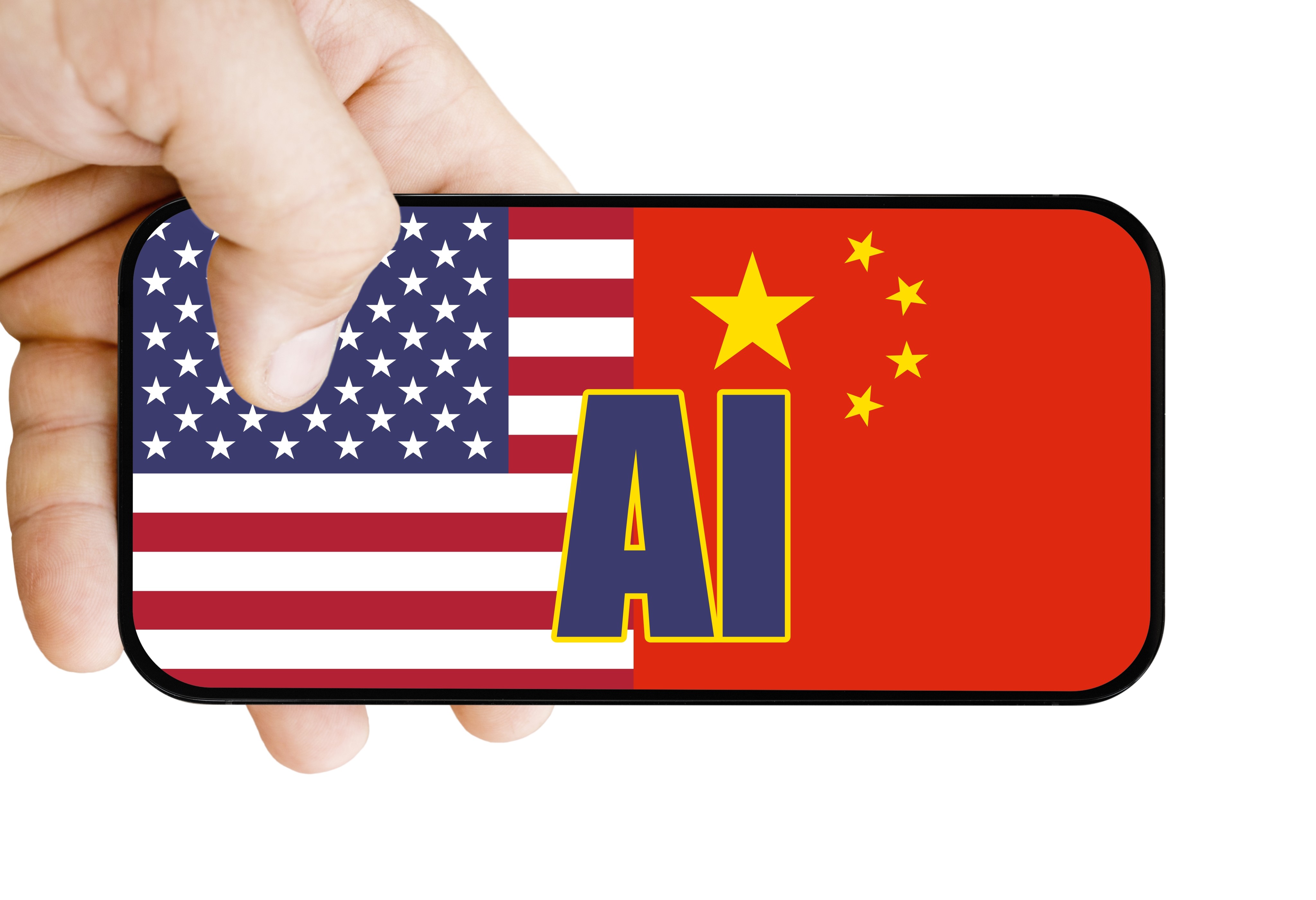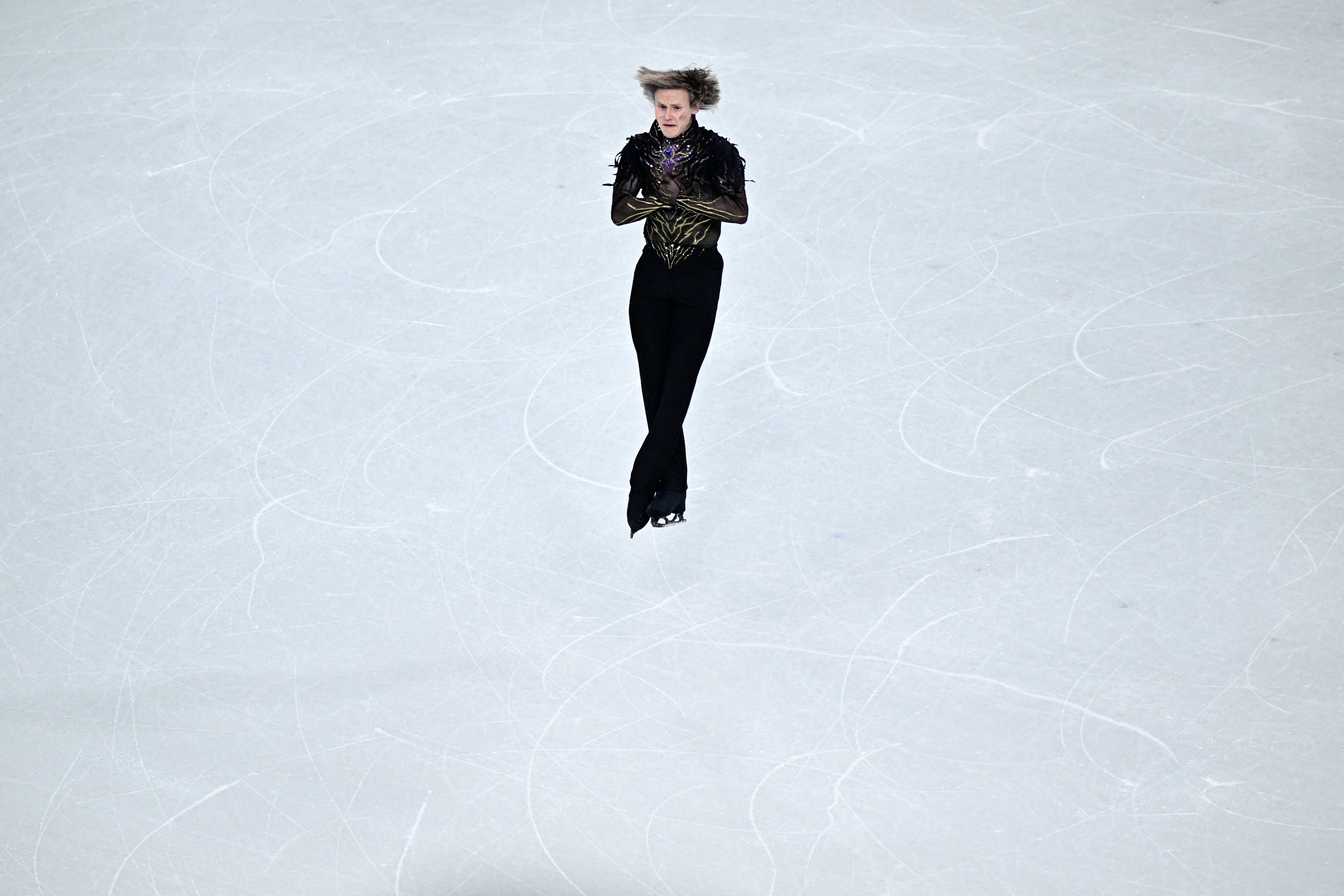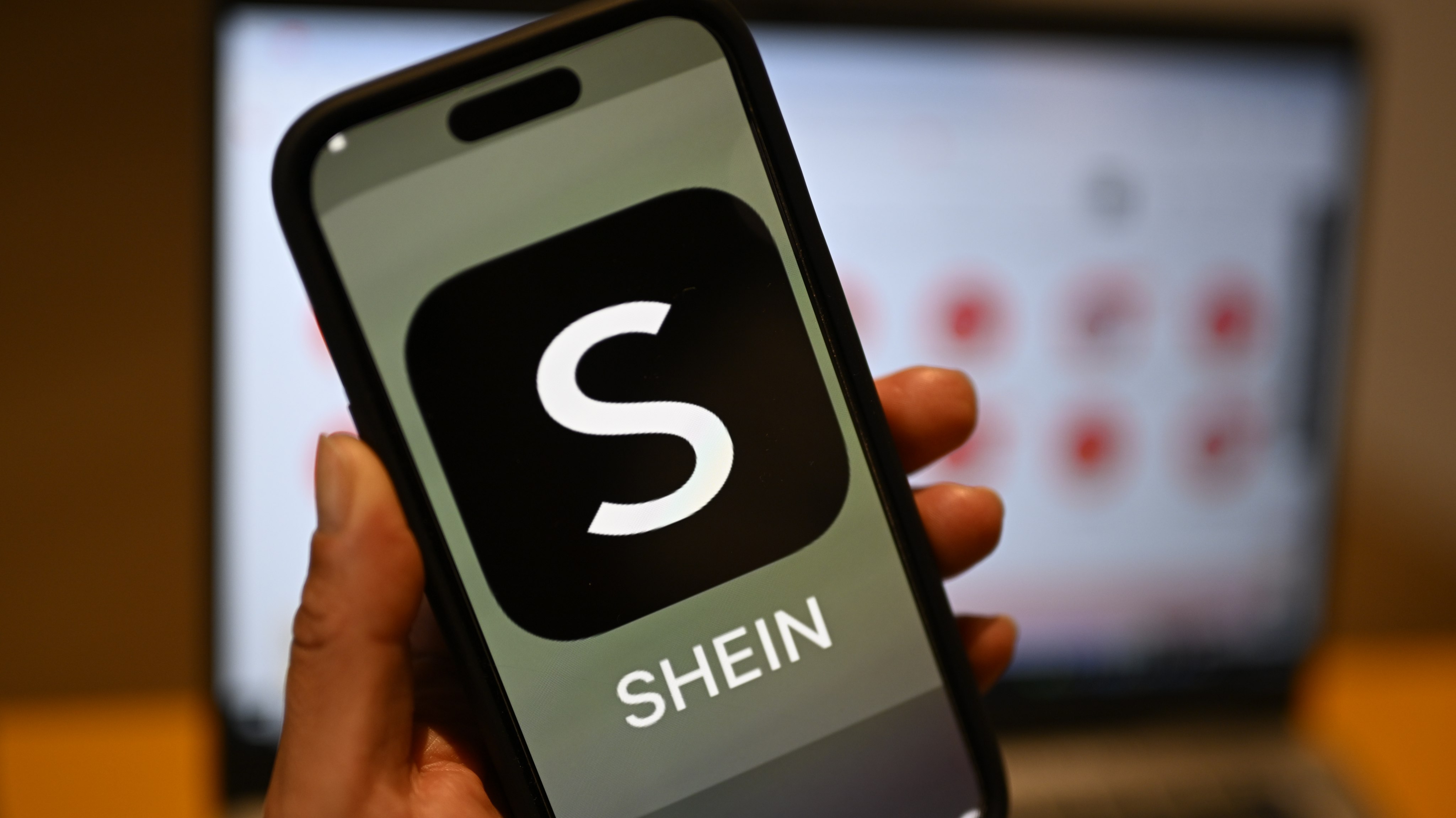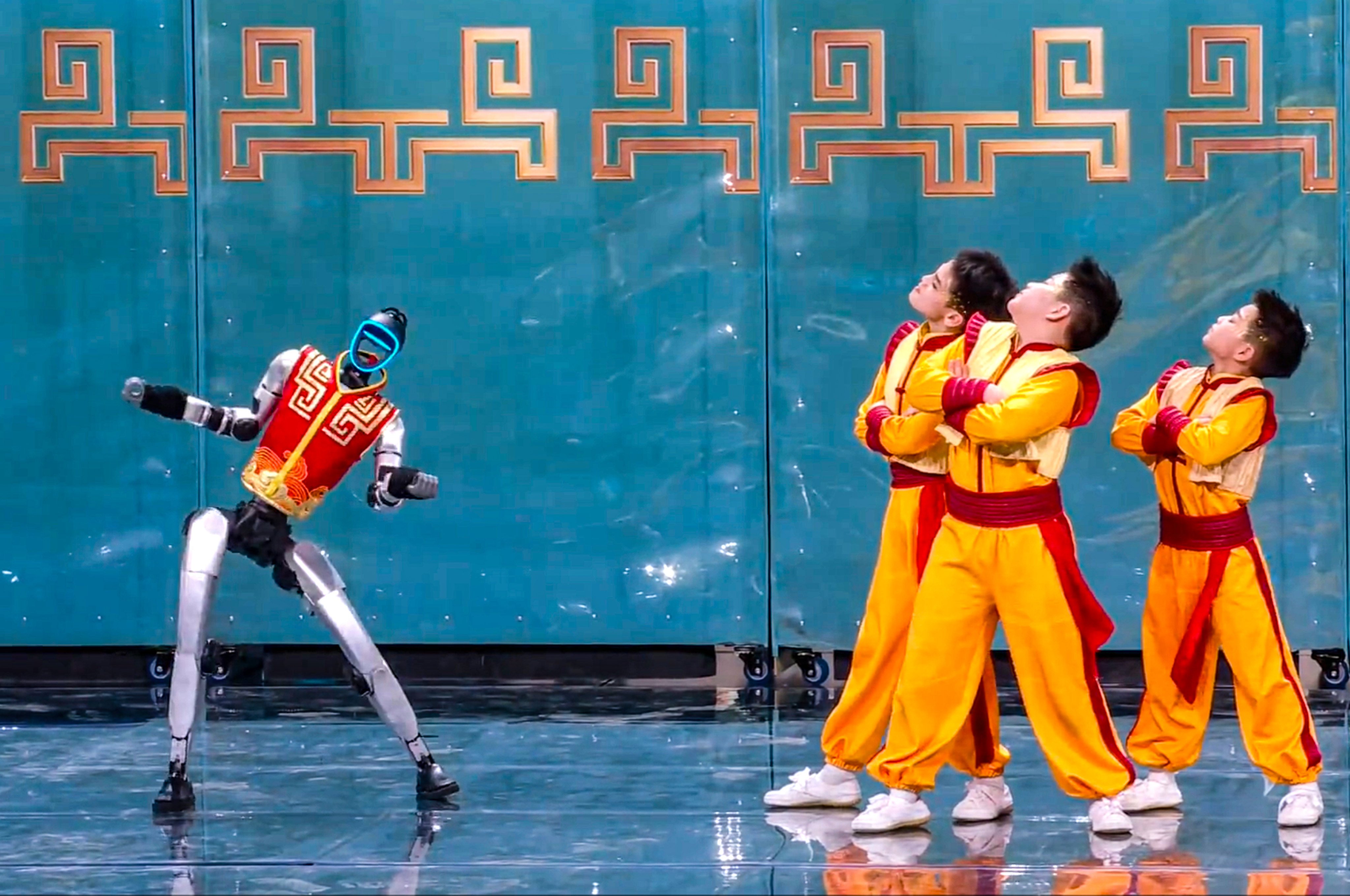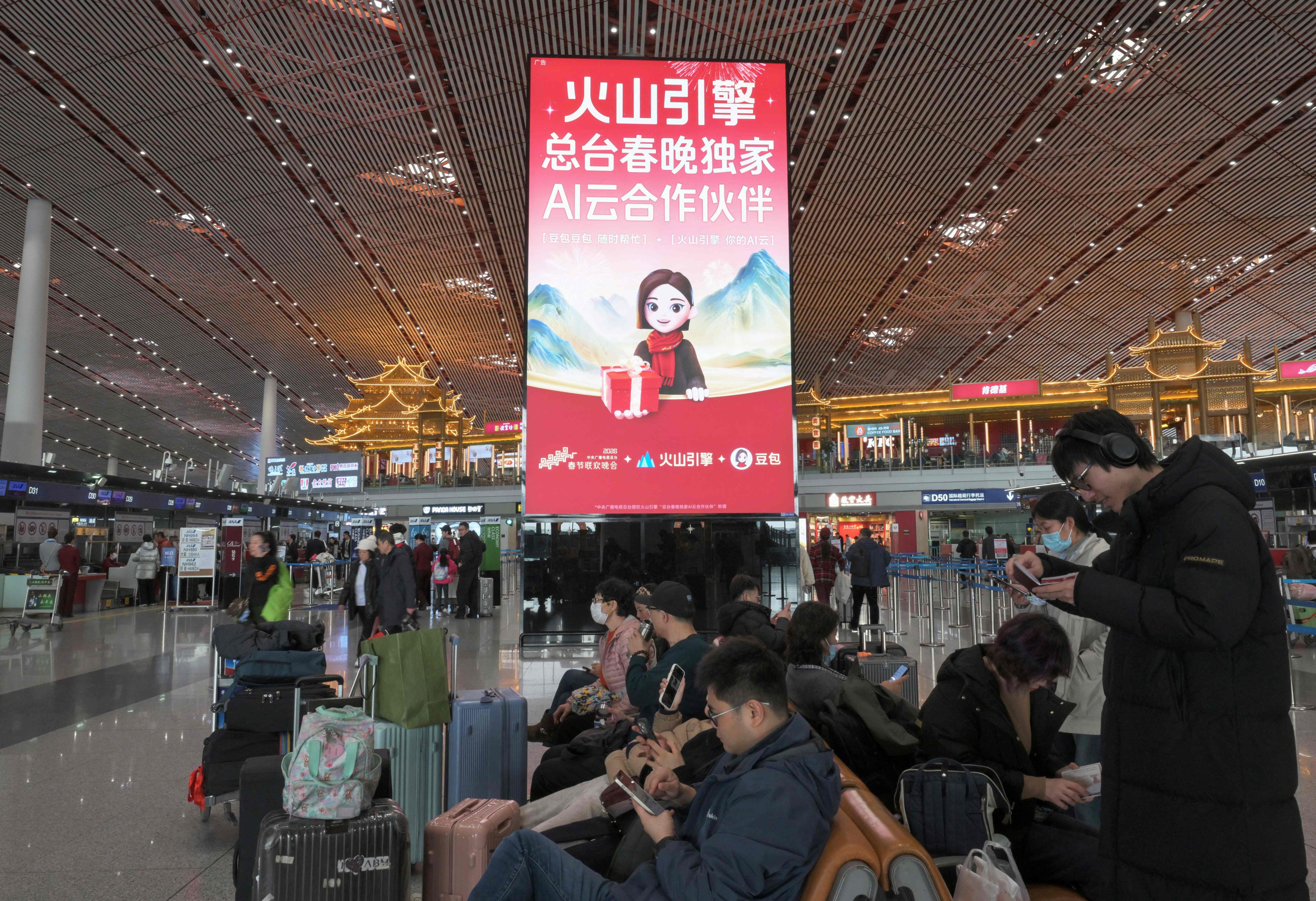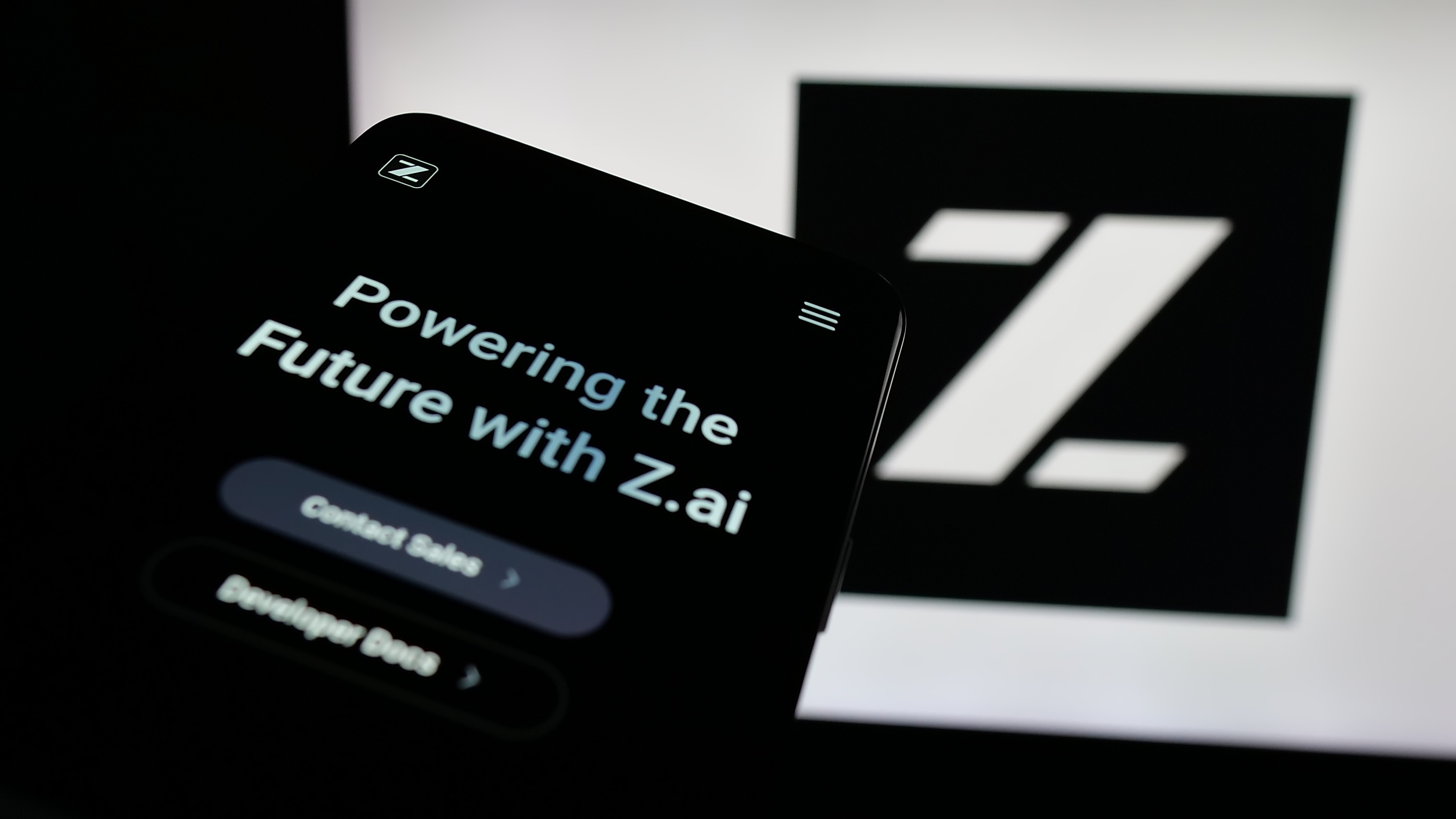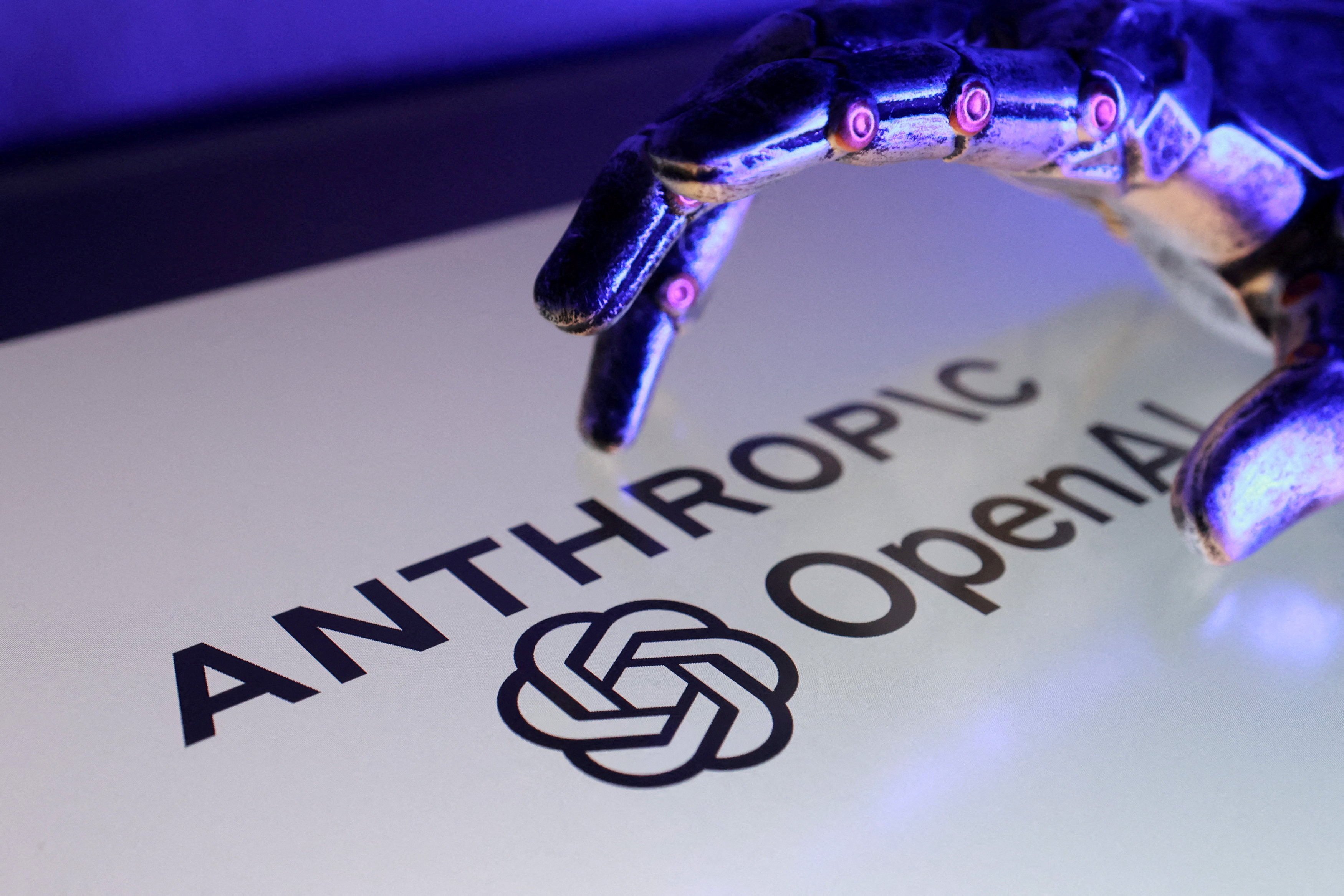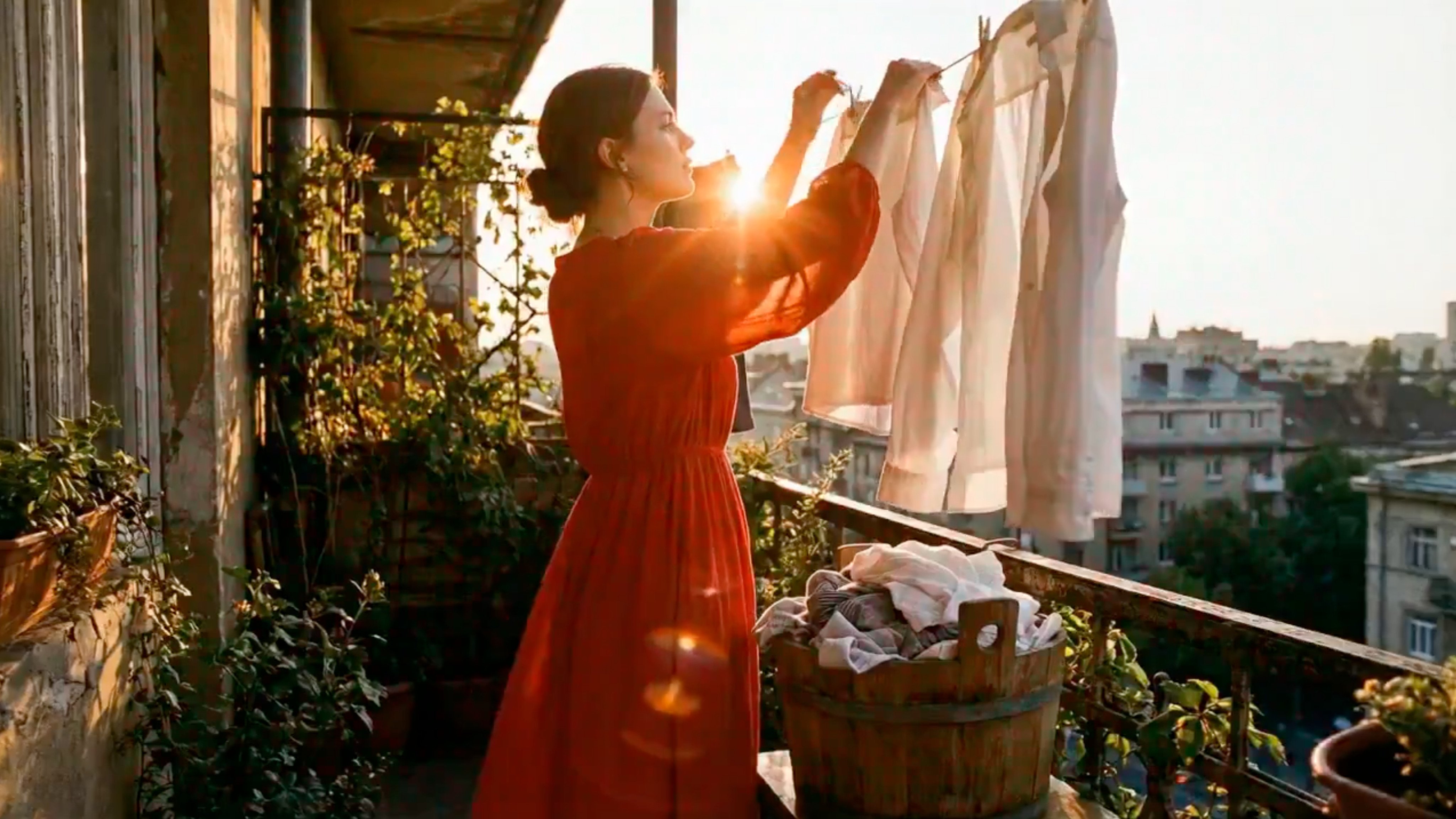Advertisement
Advertisement

TOPIC
/ company
ByteDance
(字节跳动)

ByteDance
字节跳动
ByteDance is best known as the owner of the global short-video and shopping platform TikTok. It also operates the similar Douyin app in China. Both apps have skyrocketed in popularity in recent years, especially among younger people. ByteDance has been the focus of strained relations between China and the West, with policymakers in the US, Canada and Europe expressing concern that TikTok's Chinese ownership puts sensitive user data within reach of the Chinese government.
Chairman / President
Rubo Liang
CEO / Managing Director
Zhang Yiming
CFO / Finance Director
Julie Gao
Industry
IT / Tech / Telecoms
Website
bytedance.com
Headquarters address
Haidian, Beijing, China
Year founded
2012
Help preserve 120 years of quality journalism.
SUPPORT NOWAdvertisement
Advertisement
Advertisement
Advertisement
Advertisement
Advertisement
Advertisement
Advertisement
Advertisement
Advertisement
Advertisement
Advertisement
